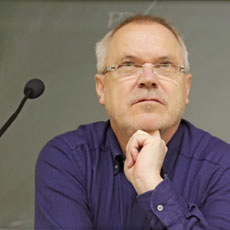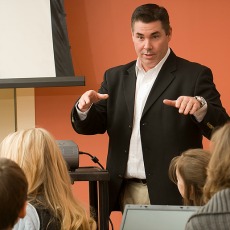Helping Students with Disabilities Reach Their Educational Goals: Reflections and Lessons Learned
There has long been the debate as to whether college is right for everyone. I follow the school of thought that college should be open to everyone and they may decide if it is the right fit for them. The educational realm has evolved so well that many students who could not even fathom college in the past are now attending and flourishing.







